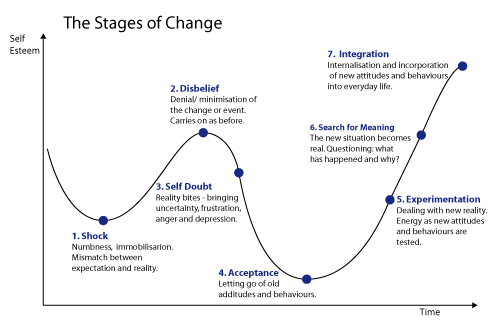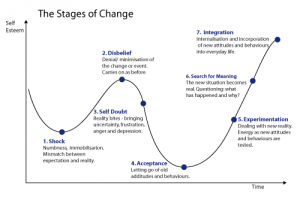
There’s a rather amazing new Harriet post by Martin Earl that addresses issues similar to those that Adam Fieled has been admirably wrestling with (see my previous post), but from a more analytical perspective. He delivers a series of intelligent blows to solar plexus of American poetry, concluding that “all poets, from the avant-garde to the neo-formalists, from the traditional deep imagists, to the poets of narrative and description, from the uptown poets to the downtown poets, need to rethink their relationship to their audience.” We all remember the audience, right? Those listeners who (rightly) expect to have a reason to listen….
The only point I would add is that the problematic relationship between American poets and their audience goes back a century, as Joseph Harrington shows in Poetry and the Public: The Social Form of Modern U.S. Poetics, and a problem that took a century to develop will not be changed overnight. (I started thinking out loud about it here a few weeks back, but haven’t figured out what to do with my intimations.*)
Oddly enough, in bringing the legitimate threats to our actual lives to the forefront, the Depression seems to have brought us face to face with the significance of our dilemma as poets, and is forcing us all to think a little deeper and look for an authentic way forward. Call it “change we can believe in.” The zeitgeist is knocking at our door.
___________________
* I often check my handy Oxford American Dictionary as I write these posts, in the hope of finding better words. When I looked up “intimation,” I discovered this definition: “state or make known: Mr. Hutchison has intimated his decision to retire.” Now this is comparable to finding one’s name in the obituary section! You stop, catch your breath, read the details … but no, no it isn’t me they’re talking about. It’s some other Hutchison….


 Joseph Hutchison, Colorado Poet Laureate 2014-2019, has published 20 collections of poems and edited or co-edited three poetry anthologies. He currently directs two master’s-level programs for University College at the University of Denver: Professional Creative Writing and Arts & Culture Management. Joe lives with his wife, Melody Madonna, in the mountains southwest of Denver, Colorado, the city where he was born.
Joseph Hutchison, Colorado Poet Laureate 2014-2019, has published 20 collections of poems and edited or co-edited three poetry anthologies. He currently directs two master’s-level programs for University College at the University of Denver: Professional Creative Writing and Arts & Culture Management. Joe lives with his wife, Melody Madonna, in the mountains southwest of Denver, Colorado, the city where he was born. 









